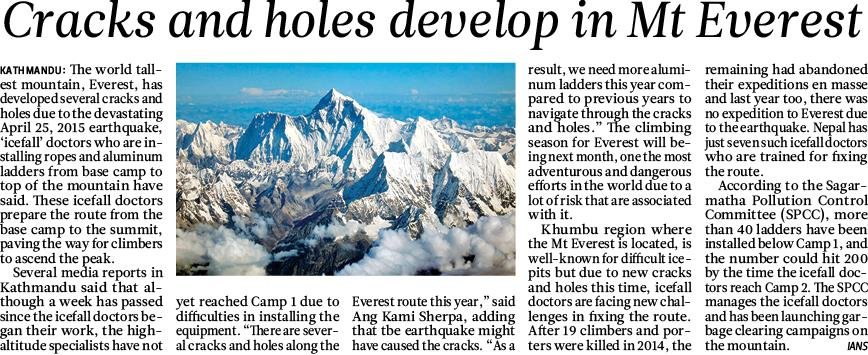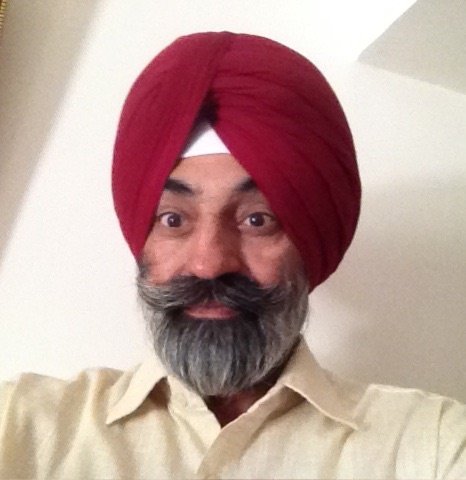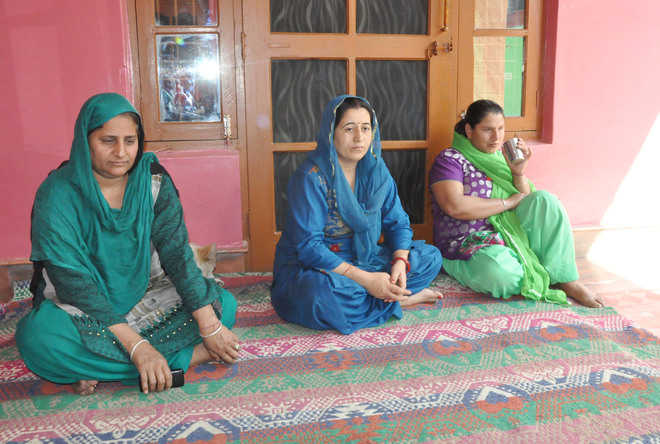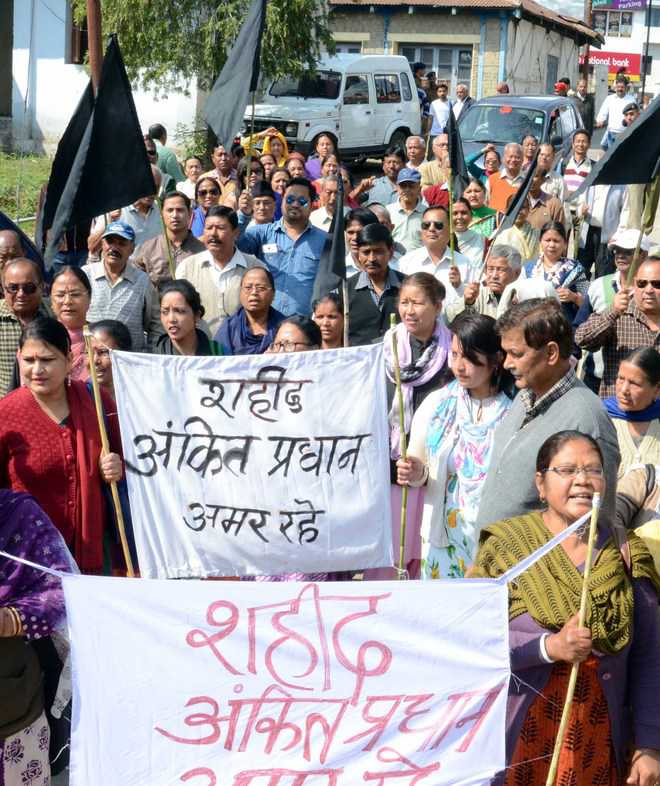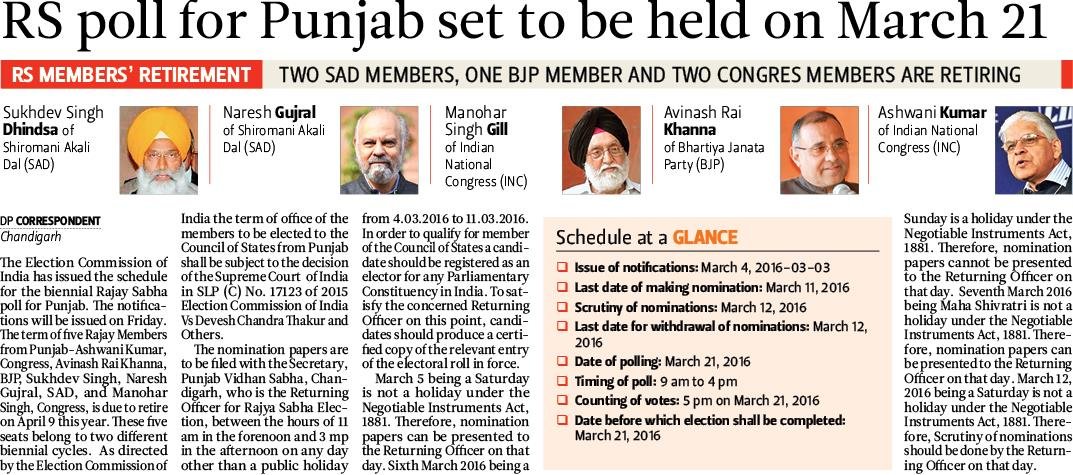India stands militarily vulnerable today against any China-Pakistan Axis military adventurism targeting India as a result of the virtually criminal neglect of India’s war-preparedness during the ten years of the previous Government in a repeat of the pre-1962 Nehruvian syndrome.
The China-Pakistan Axis is a strategic and military reality in 2016 whose long term aim is the strategic diminution of the United States but whose immediate aim is to militarily shackle India’s powerful rise and pre-empt India forging a substantial strategic partnership with the United States which could adversely affect the balance of power against the China-Pakistan Axis.
India in 2016 is faced with a serious military challenge of having to cope with a ‘Two Front War’ foisted by the China-Pakistan Axis in the pursuance of their joint military objectives against India. Pakistan feels that with China’s full military backing it can hope to wrest control of Kashmir which it could not do so for the last six decades. China hopes that a militarily beleaguered India forced to fight a ‘Two Front War’ in Ladakh and Kashmir would make it easier for China to reclaim ‘Southern Tibet’, the Chinese euphemism for India’s Arunachal Pradesh.
The crucial question that arises from the above military aggression against India is whether India in 2016 is in terms of Indian Armed Forces war-preparedness ready and capable of coping with the joint China-India Axis military threat to India. Regrettably, ten years of war-preparedness neglect by the previous Government from 2004-2014 has left Indian Armed Forces crippled and handicapped by incomplete war inventories of military hardware, logistics and military logistics infrastructure on our Northern Borders.
Notably, both China and Pakistan have always maintained and in 2016 maintaining their Armed Forces at peak levels of combat readiness, ready for war at short notice as their Armed Forces are not hamstrung by bureaucratic lethargy, lackadaisical approaches to defence acquisitions and where utmost national priority is given to Armed Forces war-preparedness. Regrettably, in India the picture is just the opposite and in every war the Indian Armed Forces are forced to fight wars with whatever is available and not with the military wherewithal at optimum levels. There seems to be no attempt to make the Indian Defence Ministry “Accountable” for neglecting India’s war-preparedness.
It was not that the Indian Armed Forces military hierarchy was not sounding alarm bells on this score but these alarm bells fell on deaf political ears obsessed with pursuance of China-appeasement and Pakistan-appeasement policies. The disturbing outcome of the above is that with even with the dynamic approach of the Modi Government to catching-up on India’s war-preparedness deficits, it would take at least ten years just to fill-in the voids, leave alone the induction of next generation of advanced military hardware
The Indian Air Force will be required to play a major and crucial decisive role in ay ‘Two Front War’ foisted by the China-Pakistan Axis in terms of its Fighter Aircraft Squadrons. Against the government stipulated 42 fighter squadrons the Indian Air Force barely has 33 squadrons functional today. Successive outgoing Indian Air Chiefs have been sounding cautionary warnings in the last ten years but to no effect.
Media reports of March 11, 2016 quoting the Indian Air Force Vice-Chief‘s ringing the alarm bells on this score make disturbing reading. Air Marshal R S Dhanoa remarked in a press conference that “Our numbers are not adequate to fully execute an air campaign in a two-front scenario. Probability of a two-front scenario is an appreciation that you need to do. But are the numbers adequate? No. The squadrons are winding down.” Even in the remaining 33squarons more than one- third is composed of vintage fighter aircraft.
For years I have been recommending that the Indian Government should acquire these deficient squadrons in the ratio of at least three squadrons each from different sources like France, Russia and even the United States. India cannot afford the Indian Air Force to await the materialisation of ‘Make in India” fighter aircraft. That can be an add-on and supplementary step to meet deficiencies occurring in the next ten years. Till then a ‘fast-track’ acquisition is an inescapable imperative.
The Indian Army’s Mountain Strike Corps should have been placed on a ‘Fast track’ path simply because the fully-raised Mountain Strike Corps adds immense ‘conventional deterrence’ on China and by extension on Pakistan. The present Government for reasons it knows best has planned for a phased completion of its establishment over the next couple of years
Actually, with the China-Pakistan Axis a military reality, there is an urgent imperative for India to have two Mountain Strike Corps. India‘s war preparedness cannot be held hostage to financially wasteful social expenditures like MREGA etc. Similarly MPLAD grants to MPs should be frozen for a couple of years and those funds diverted for India’s two Mountain Strike Corps.
The India Army voids in its equipment inventories stand highlighted in media reports and not being repeated here. But these also critically affect the operational effectiveness of the Indian Army in facing a two-front war.
While the present Government is devoting focus on expansion of the Indian Navy but in terms of submarines we need to double our inventories in the next 3-5 years. As brought out in my recent book ‘China-India Military Confrontation: 21st Century Perspectives’ China can best be checkmated by India in the maritime expanses of the Indian Ocean and the South China Sea.
The only way India’s war-preparedness can be effectively managed is to delink defence acquisitions from the lethargic processes and indifferent obliviousness of the Indian Defence Ministry and place it directly under the Prime Minister’s control and directions assisted by a Minister of State for Defence Acquisitions.
India’s private sector in collaboration with foreign entities must be given more salience and prominence in terms of indigenous defence production.
In terms of challenges for the Modi Government in terms of India’s war preparedness the task is colossal. But so also colossal is the China-Pakistan Axis Threat to India’s national security which can be ill-ignored and nor can it be neutralised by Indian diplomacy or appeasement policies towards China and Pakistan. India’s enemies will not wait for India to complete the voids in India’s military hardware inventories, especially the Indian Air Force, before they plan any military misadventures.
On the contrary, China and Pakistan are aware of the havoc that has been played by the ten years of abject neglect of India’s war preparedness by the previous Government. For both China and Pakistan, India’s current military vulnerabilities offer a window of opportunity to be exploited.
Forestalling such an eventuality, Prime Minister Modi would require a deft interplay of geopolitical gamesmanship coupled with strong local military ripostes to probing provocations by China and Pakistan on the borders. Above all, the Indian Republic’s national security interests will be well-served if Indian political opposition parties do not politicise security issues and challenges.
India should not shy away any longer from forging military alliances with like-minded democracies to confront the exponential rise of Chinese military power which threatens both Asian security and global stability.
Concluding, it would be an under-statement to assert that overwhelming imperatives exist for India to build up the war-preparedness of the Indian Armed Forces at optimum levels to face the joint military threat of the China-Pakistan Axis.


















































